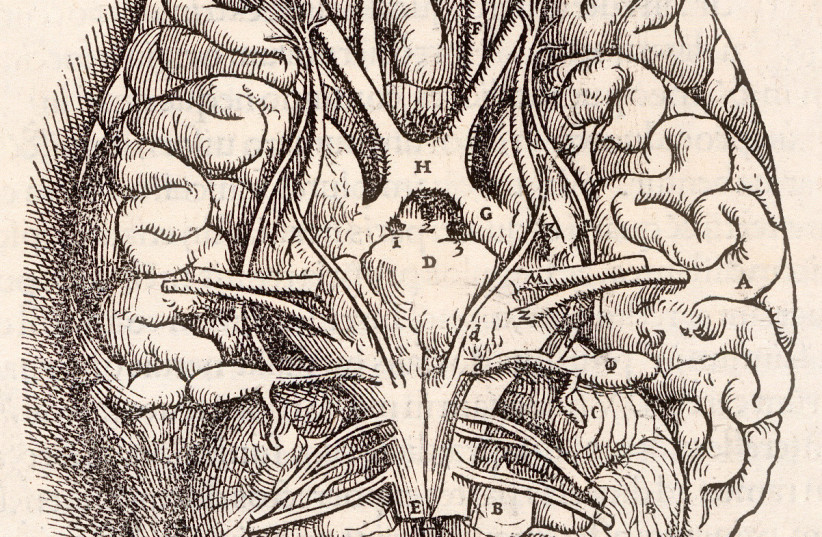New treatment could stop dementia's damage to the brain in its tracks - study

After multiple clinical trials, researchers are becoming increasingly confident in sodium selenate's ability to halt cognitive decline in dementia patients.
Scientists have discovered that sodium selenate could be the answer to dementia treatment that medical professionals have been searching for. This new drug could provide crucial treatment for patients exhibiting early stages of behavioral variant frontotemporal dementia, most common in people aged 65 and under.
This dementia variant is the second most common form in people under the age of 60. According to a peer-reviewed study by scientists at Australia's Monash University, this treatment manages to stabilize escalating behavioral issues caused by frontotemporal dementia before it happens.
This groundbreaking medication could also significantly slow brain shrinkage that results from the disease. Sodium selenate's second clinical trial showed the drug could have an impact on slowing cognitive decline and the brain damage that comes with many forms of dementia, such as Alzheimer's Disease.
How is this form of dementia different than others?
Behavioral variant frontotemporal dementia (bvFTD) is known for its rapid progression. Though many people associate dementia with the elderly, bvFTD can impact patients as young as 35 years of age. Symptoms become evident through disruptive behaviors and unexpected personality changes. Once diagnosed, patients often survive for 5-7 years from the initial diagnosis.
The University, in conjunction with the Royal Melbourne Hospital, the nation's only hospital working to eradicate non-genetic bvFTD and one of very few across the world studying the subject, ran multiple phases of trial runs. They found that sodium selenate is safe and well-received by patients suffering from this form of dementia, watching over a period of a year.
Important results of this study revealed that patients undergoing this treatment had no change in cognitive or behavioral symptoms.
According to researchers at Monash University, nearly half of recorded bvFTD cases result in brain damage due to a protein buildup. Tau, the protein in question, has become a research subject targeted in seeking answers to reverse neurodegeneration. Dr. Lucy Vivash, who has been leading the clinical trials along with Monash University's Department of Neuroscience, the medication sodium selenate has been instrumental in breaking down the tau protein. “We have previously shown, in a Phase 2 trial, that sodium selenate given to patients with mild to moderate Alzheimer’s Disease resulted in less neurodegeneration than in those who did not,” she said.
Jerusalem Post Store
`; document.getElementById("linkPremium").innerHTML = cont; var divWithLink = document.getElementById("premium-link"); if (divWithLink !== null && divWithLink !== 'undefined') { divWithLink.style.border = "solid 1px #cb0f3e"; divWithLink.style.textAlign = "center"; divWithLink.style.marginBottom = "15px"; divWithLink.style.marginTop = "15px"; divWithLink.style.width = "100%"; divWithLink.style.backgroundColor = "#122952"; divWithLink.style.color = "#ffffff"; divWithLink.style.lineHeight = "1.5"; } } (function (v, i) { });

